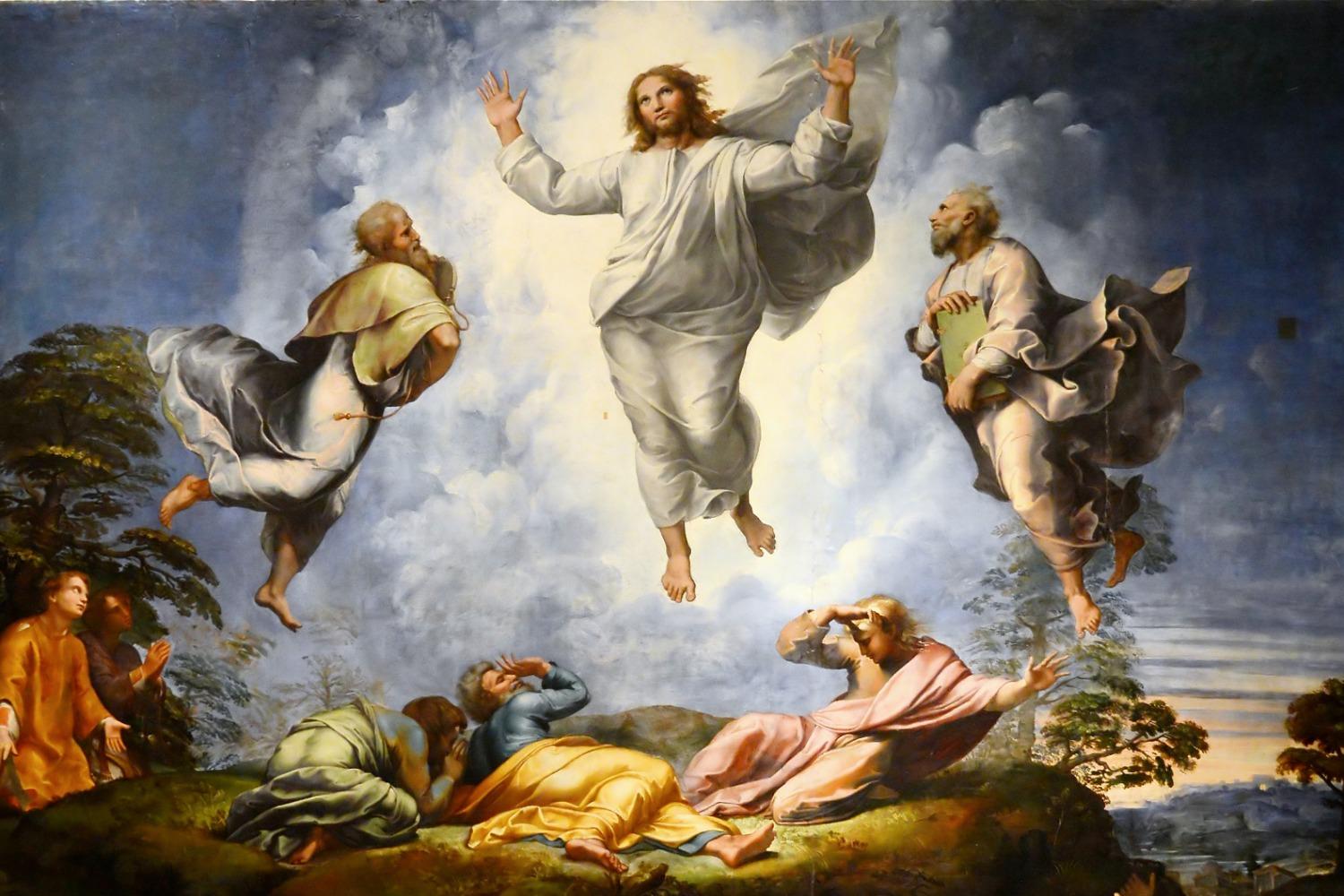The musings of the Pastor from Good Shepherd Lutheran Church, Regina SK
If you like what you see here, consider joining us for worship at Good Shepherd Lutheran Church. Sunday mornings, at 8:30 and 11:00. You can also follow us on Facebook.
Thursday, January 25, 2024
All at once
Tuesday, January 2, 2024
New Year, new you?
The new year is something that is both arbitrary, and not, at the same time. What I mean by that is that there is objectively a point at which the earth completes a revolution around the sun, yes, but based on what as the starting point? There are multiple cultures that measure the new year in multiple ways. Hopefully by now you've heard of Rosh Hashanah, which is the Jewish New Year, taking place in late summer or early autumn. Or you're aware of Chinese New Year, taking place between the end of January and the end of February. These are different in terms of dates to our New Year taking place on January 1st, but are functionally identical. That is, a year has elapsed, even though the start date and end date of the year differ.
So what that means is that the New Year as a concept is empirical, and immutable. But the new year start and end is arbitrary, and you can start measuring, well, whenever you want I suppose. If you decide that the new year begins on March 10th, then every year you can count down on March the 9th, and it's every bit as valid, because a year has elapsed in the meantime.
Now that's an important concept, because as a society we have determined that the end of a year, the beginning of a new one, is a good time for introspection, change, resolution and so on. But there are a lot of good resolutions that get made at this time of year, a lot of them get broken, and people become disheartened, and call the year a wash, waiting for the next year. But in the Christian faith, we are encouraged to do something else. Introspection and resolution. In the church, though, it's called 'silence for reflection on God's word, and for self-examination.' |And that right there is a much much faster way of slicing through the issues. For you don't need to wait until January the first to figure that out. Say you're at January 3rd and you've already blown through your resolution. I know, seems unlikely but bare with me. You can either shrug, say you've blown your resolution and wait for 364 days until you can make another one, or you can be introspective now, and deal with you missing the mark today.
People like to talk about guilt in church as a big problem and a great failing, but it actually isn't guilt the way you would think it would be. Rather, what you have in church is a way out of guilt, not a means of being mired in it. It is a way for you to deal with your sins, your failings as they arise and to not internalize them as a problem integral to yourself. It's arbitrary, yes, it's not based around the change from one year to another, but it's crucial for your own individual growth that you not just give up on January 10th and say 'this is just who I am now.' You have a chance every day to give up the consequence of your sin and to divorce that from yourself completely. Once you've realized that, then you'll work out that the church insistence on pointing out your sins isn't to give you more guilt, but to take your guilt away.
Otherwise, you end up with resolutions made, broken, and abandoned. Not wanting to feel guilty about a lack of progress leads to you excusing every last bit of progress not made. No, the law highlighting your sin leads to you having a chance to get the guilt gone. And that opportunity is available every week, constantly, every time confession and absolution is offered, it's a chance for any of us to be introspective constantly, to be able to say 'what I have done so far will not govern my future simply based on the fact that it was me that did it.' If you do that, then you can take resolutions, whether made at the beginning of the year or on the spur of a moment, and say 'these were good things to do. Good resolutions to make. And it was the right thing to do to follow through with it.'
Will that increase your chances? Maybe, maybe not, but it certainly will allow you to make the decisions you want to make, not the ones that you feel bound by.

